AFRICA IS A COUNTRY
YESTERDAY
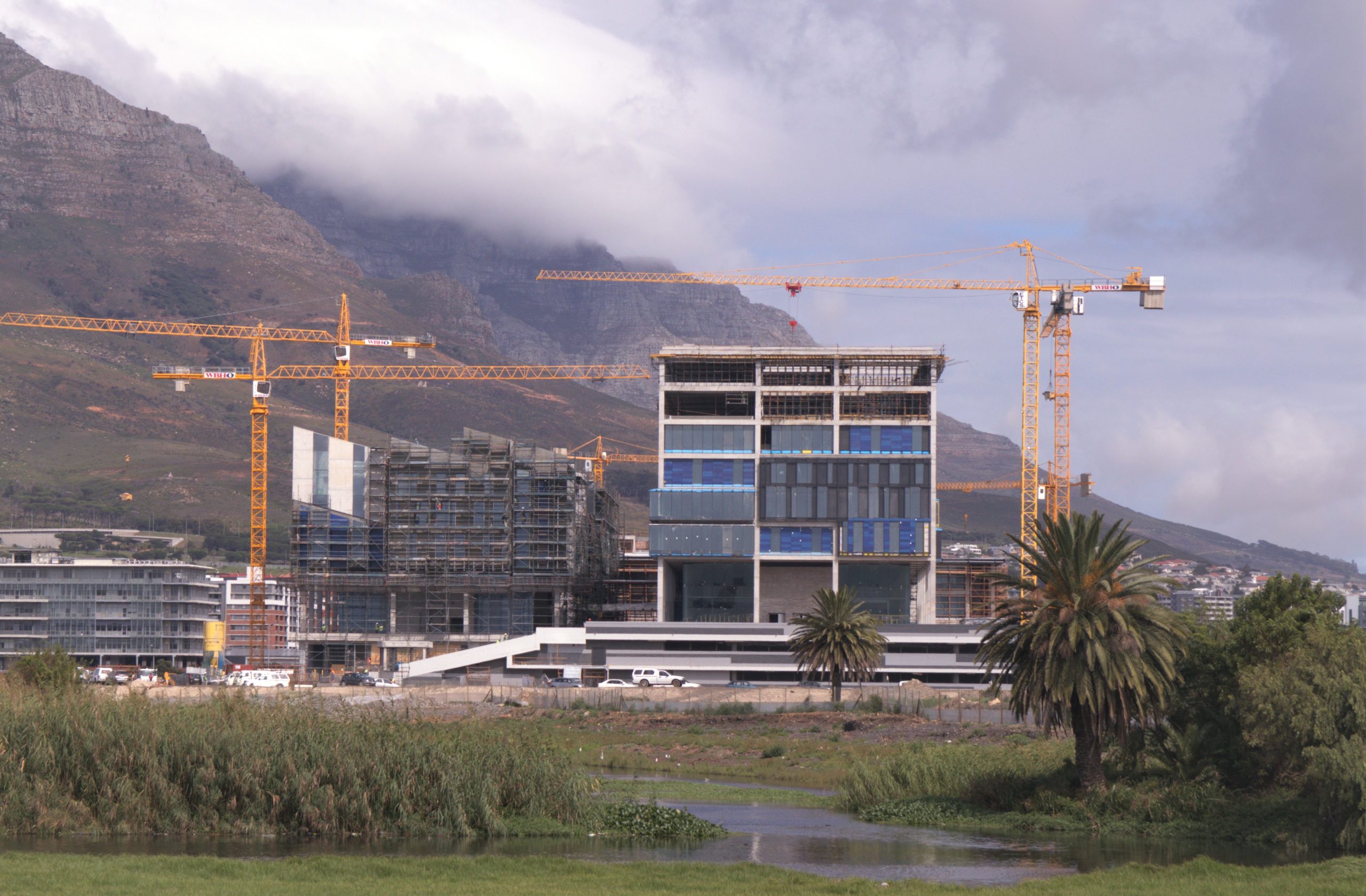
K. Sello Duiker’s 'The Quiet Violence of Dreams' still haunts Cape Town, a city whose beauty masks its brutal exclusions. Two decades later, in the shadow of Amazon’s new development, its truths are more urgent than ever.
JULY 31. 2025
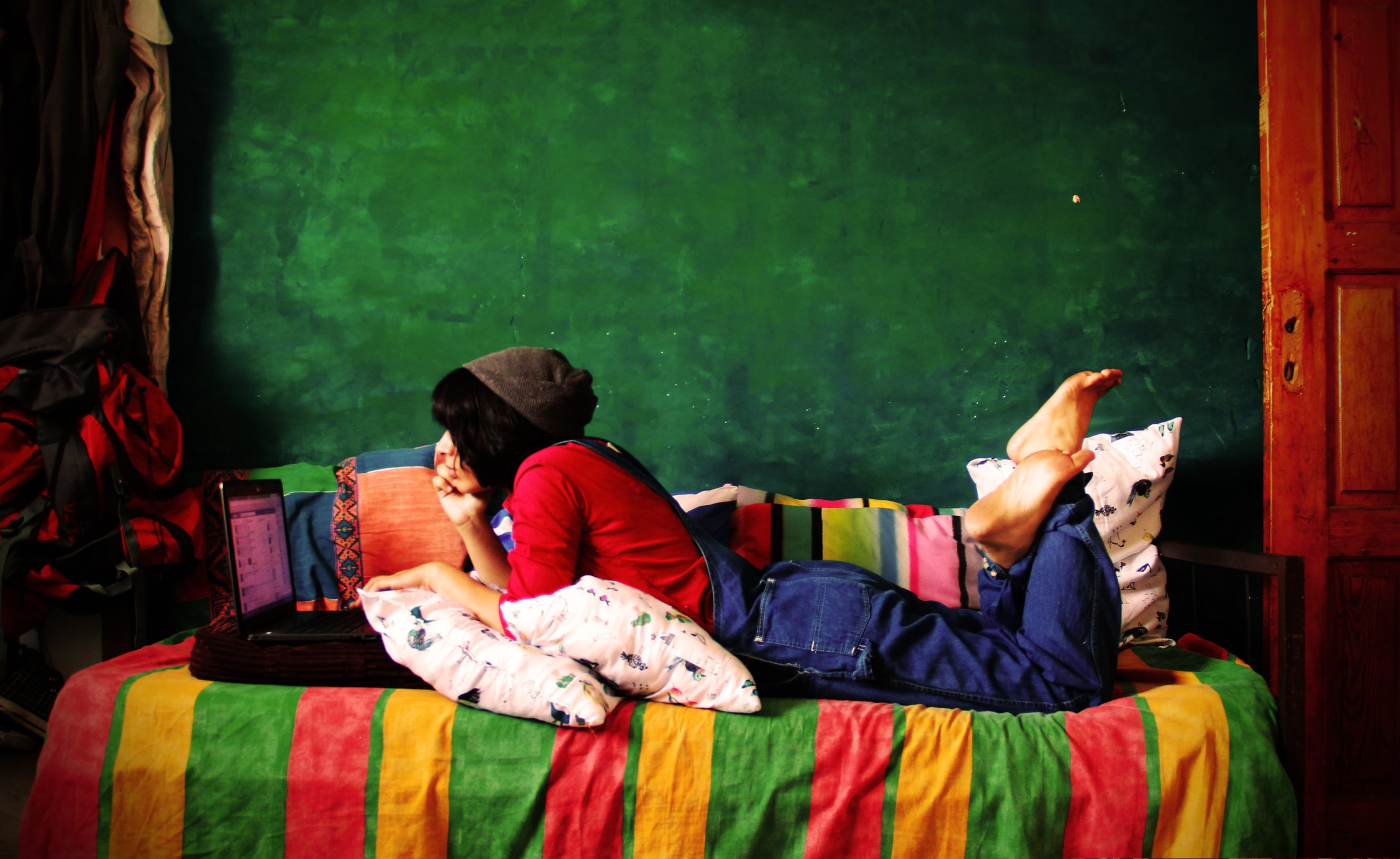
Against a backdrop of global collapse, one exhibition used Chinua Achebe’s classic to hold space for voices from the Global South—and asked who gets to imagine the future.
JULY 30. 2025
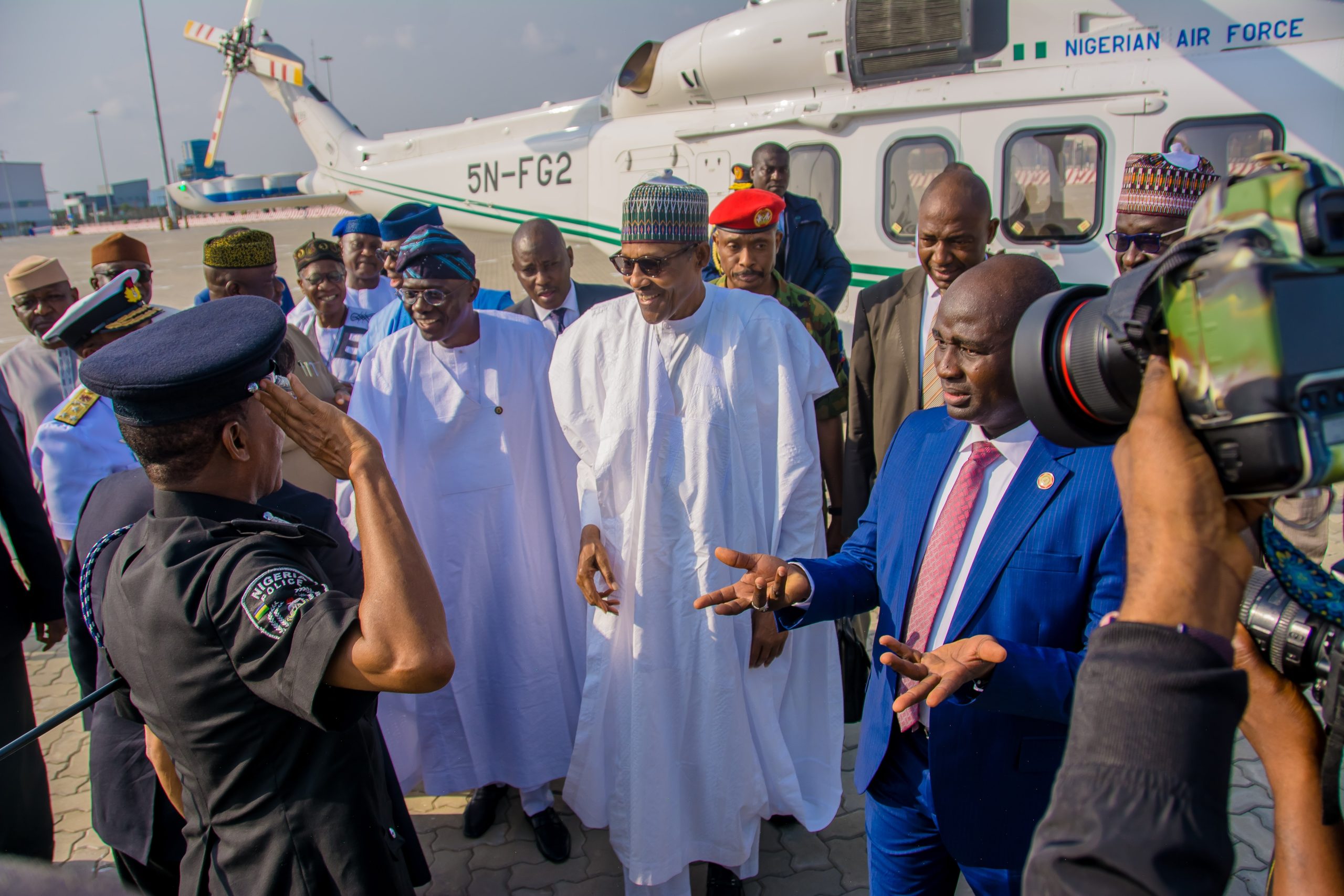
As former Nigerian president Muhammadu Buhari’s death is mourned with official reverence, a generation remembers the eight years that drove them out.
JULY 29. 2025
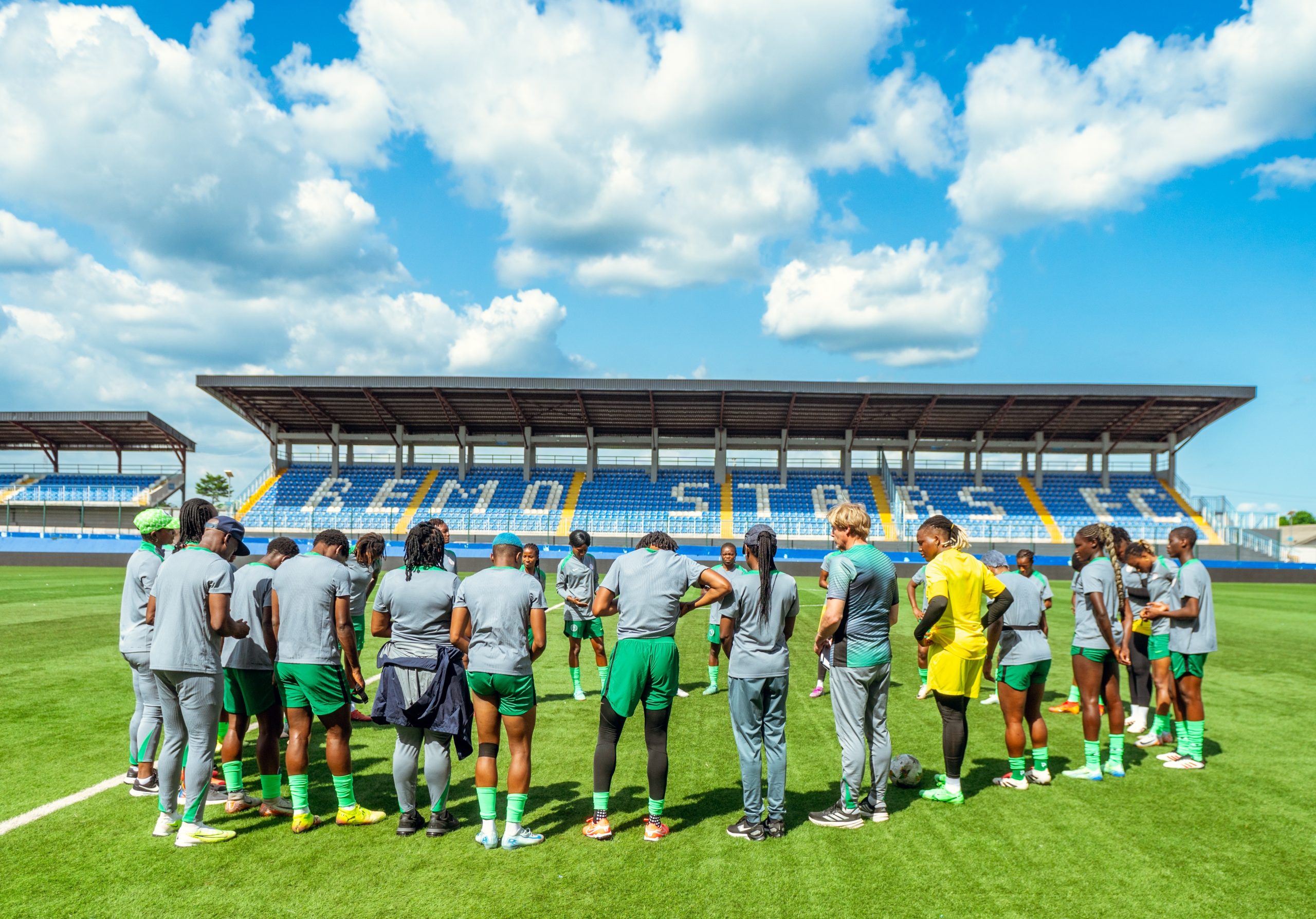
Delayed, underfunded, and undermined, this year’s Women’s Africa Cup of Nations has exposed not just neglect but active sabotage from CAF and national federations.
JULY 28. 2025
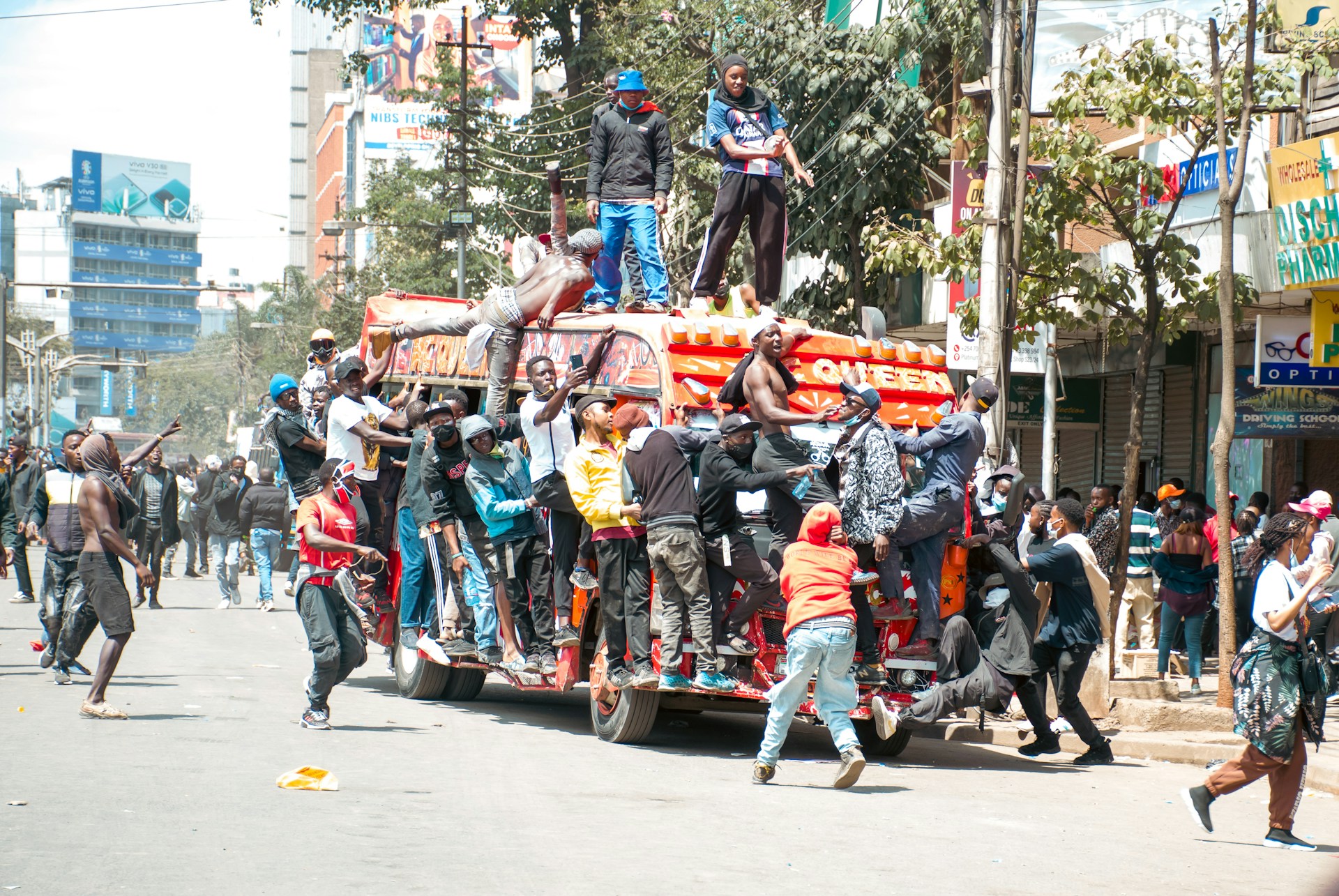
Kenya’s largest-ever protests have drawn striking comparisons to the Mau Mau uprising. But for today’s movement to endure, it must move beyond the streets and invest in political education.
JULY 25. 2025
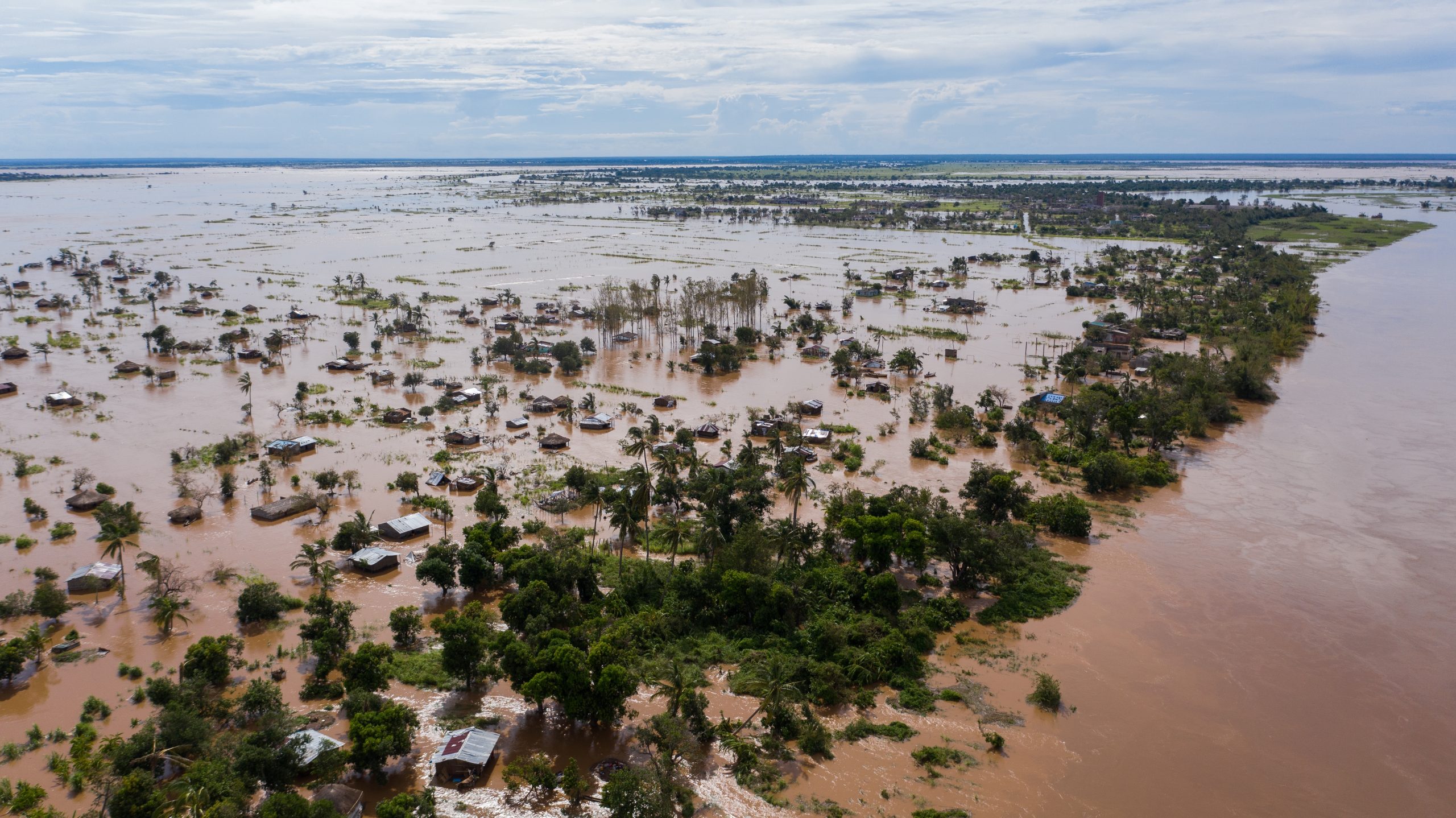
As Mozambique faces escalating climate disasters, it is shut out of the very funds meant to protect it.
JULY 24. 2025
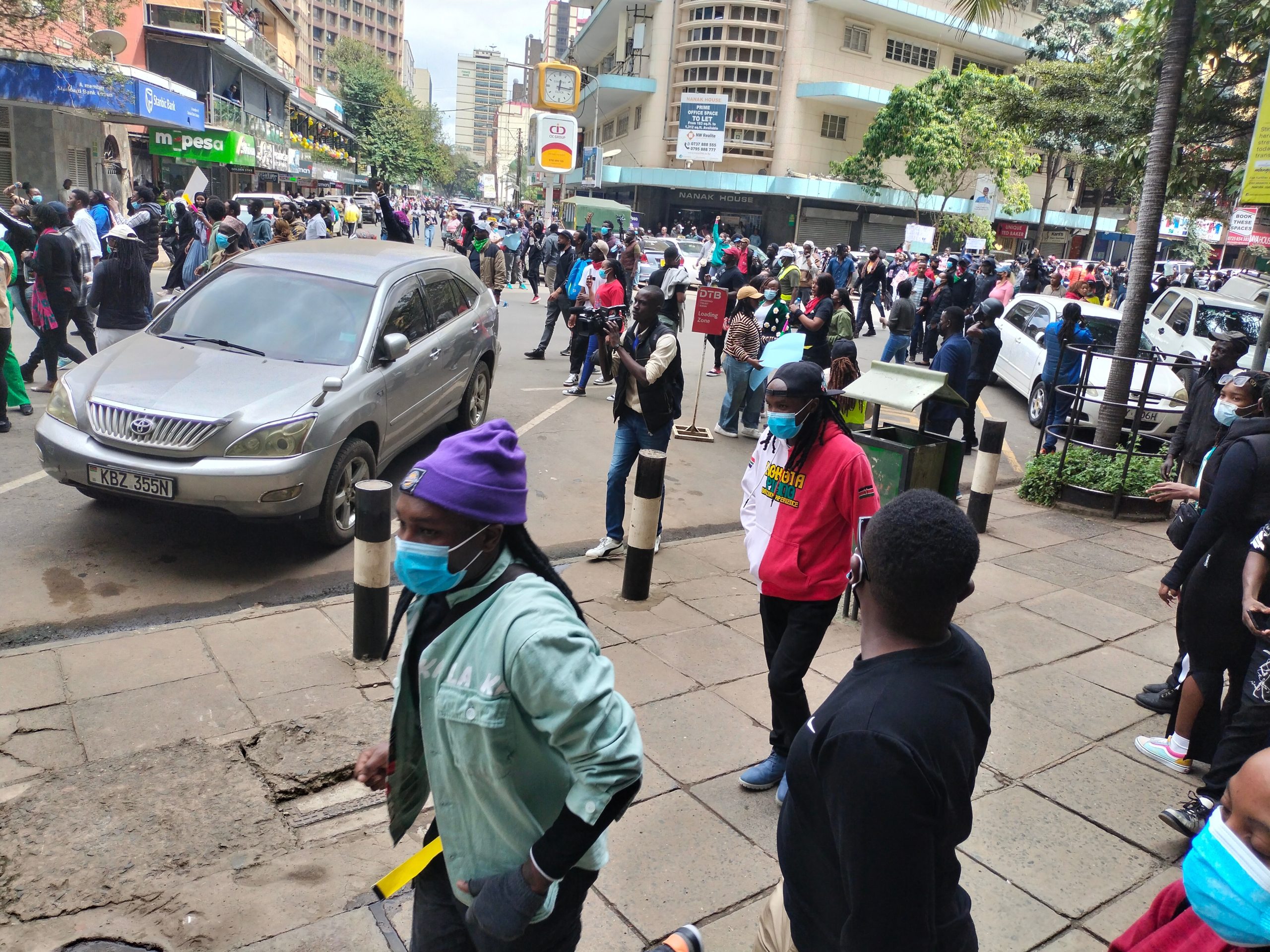
The 2025 Kenyan protests once again declared themselves “tribeless, leaderless, partyless. ” But what does the idiom of unity hide?
JULY 23. 2025
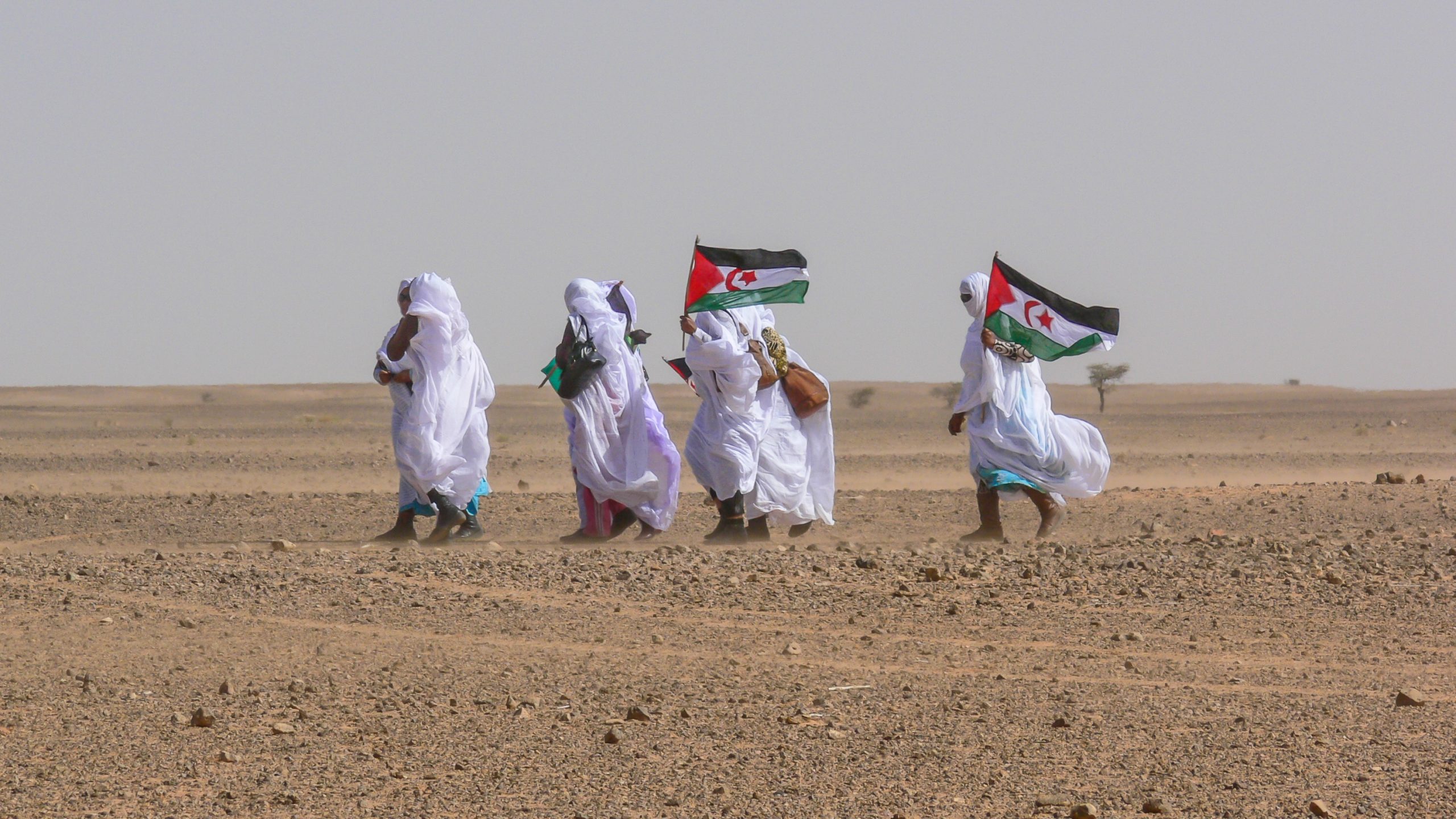
Emmanuel Macron’s recognition of Morocco’s claim to Western Sahara is a calculated pivot in a decades-old plan to reassert French influence across the Sahel.
JULY 22. 2025
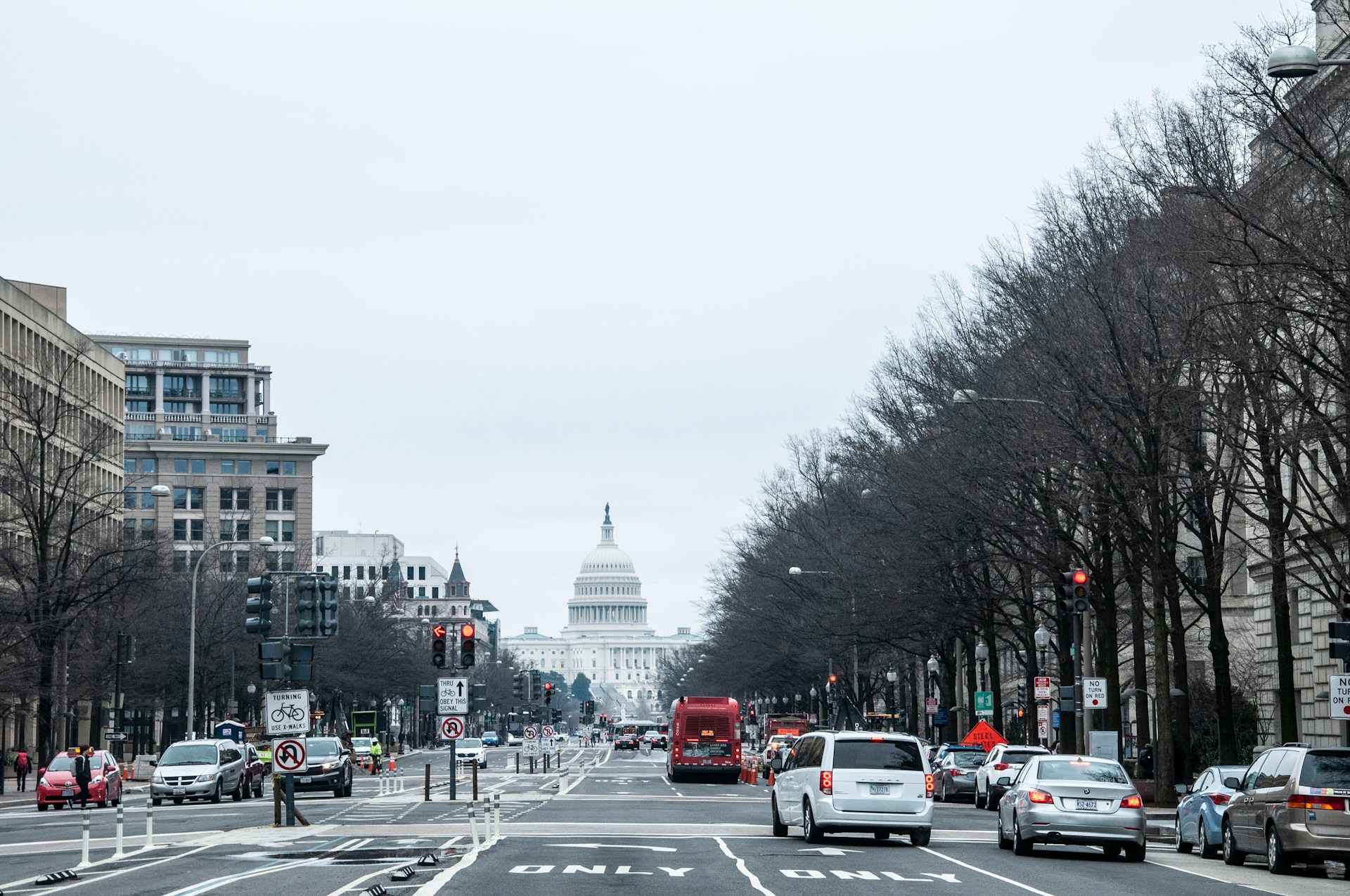
In Washington’s think tank ecosystem, Africa is treated as a low-stakes arena where performance substitutes for knowledge. The result: unqualified actors shaping policy on behalf of militarists, lobbyists, and frauds.
JULY 21. 2025
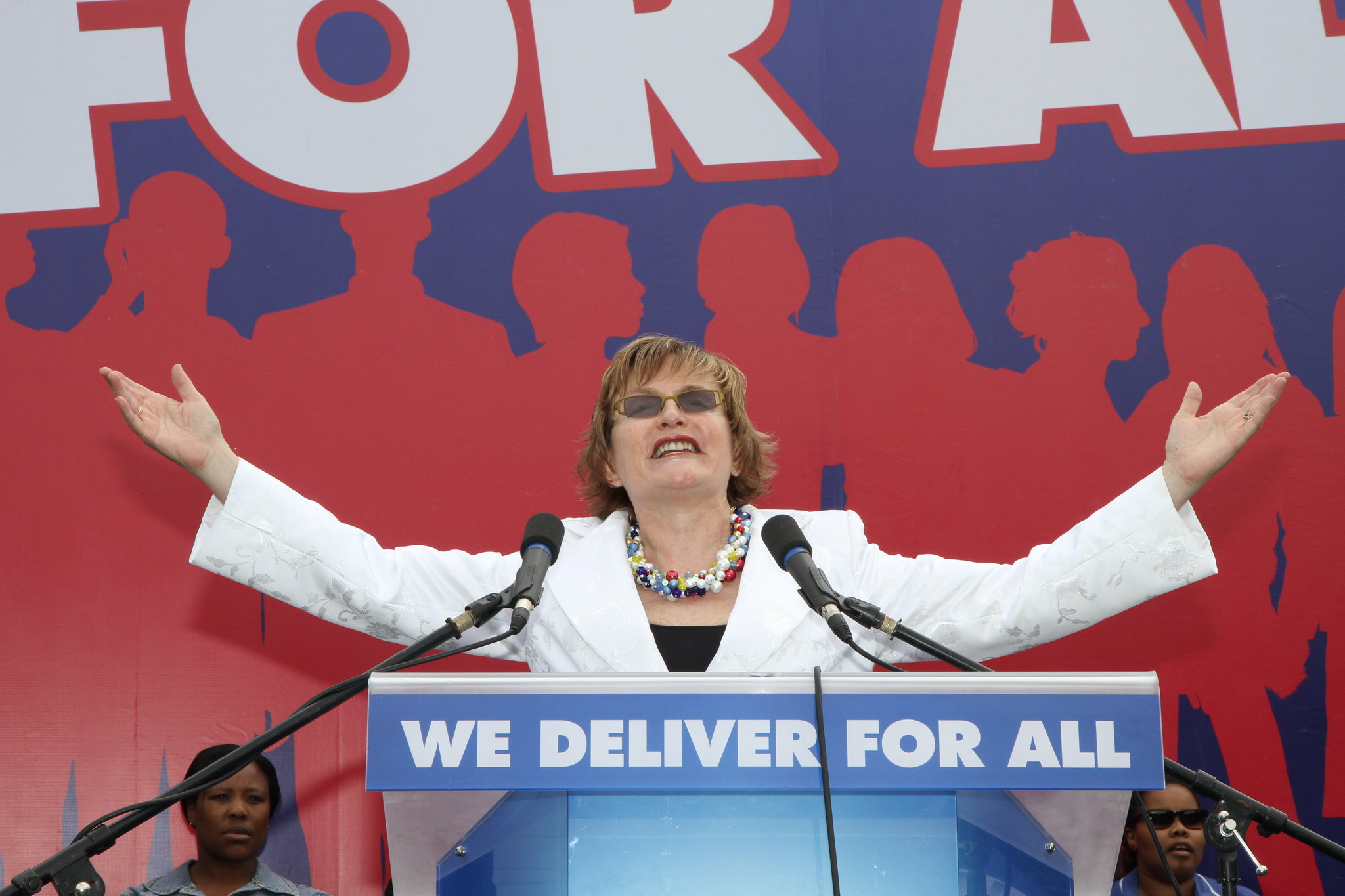
In echoing the anti-trans panic sweeping the Global North, South African political heavyweight Helen Zille joins a reactionary tradition of racialized sex policing.
JULY 18. 2025
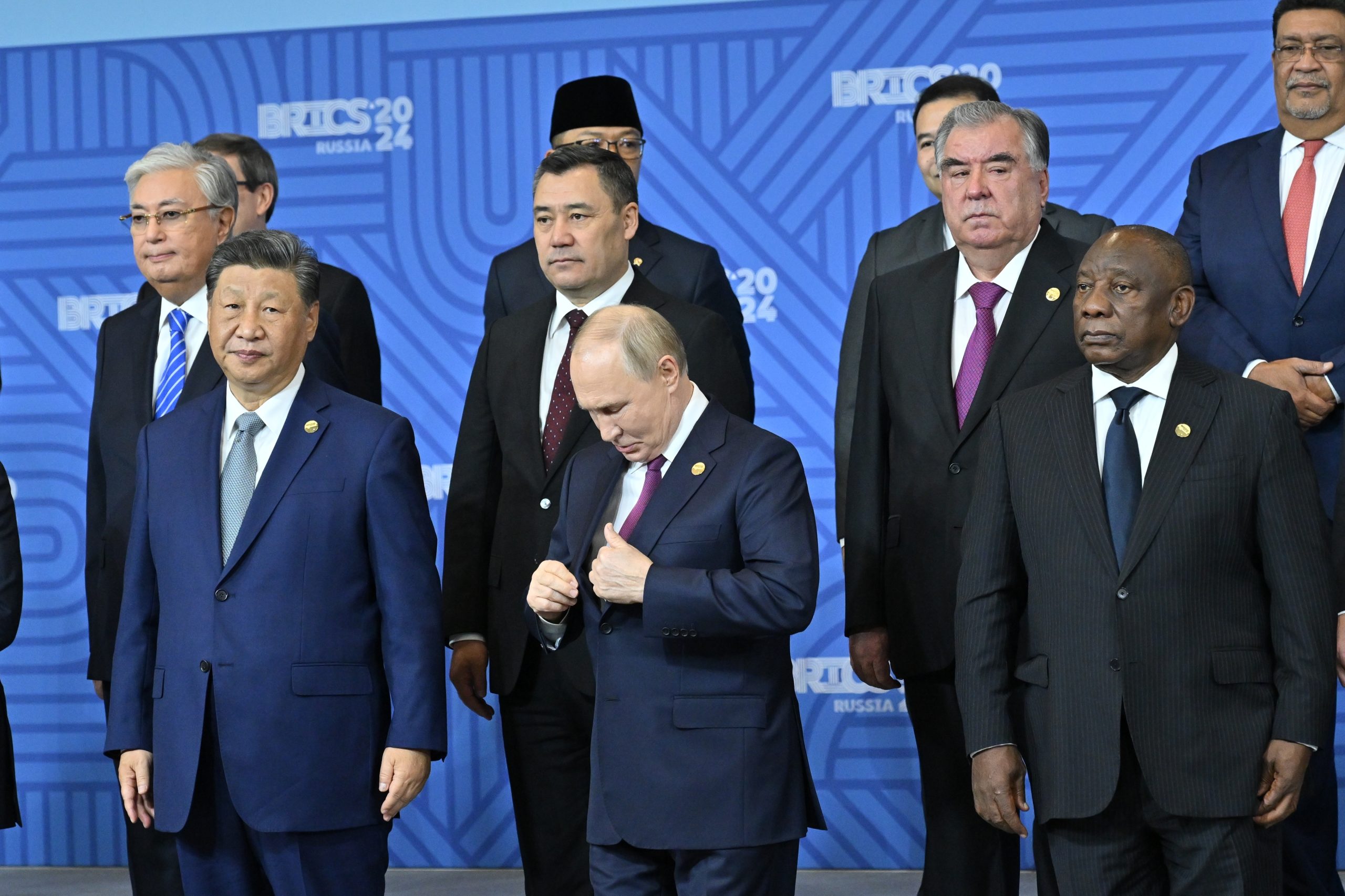
Once a symbol of anti-imperial unity, BRICS now risks becoming the very thing Bandung opposed: a club of powerful states reproducing global inequality in a new key.
JULY 16. 2025
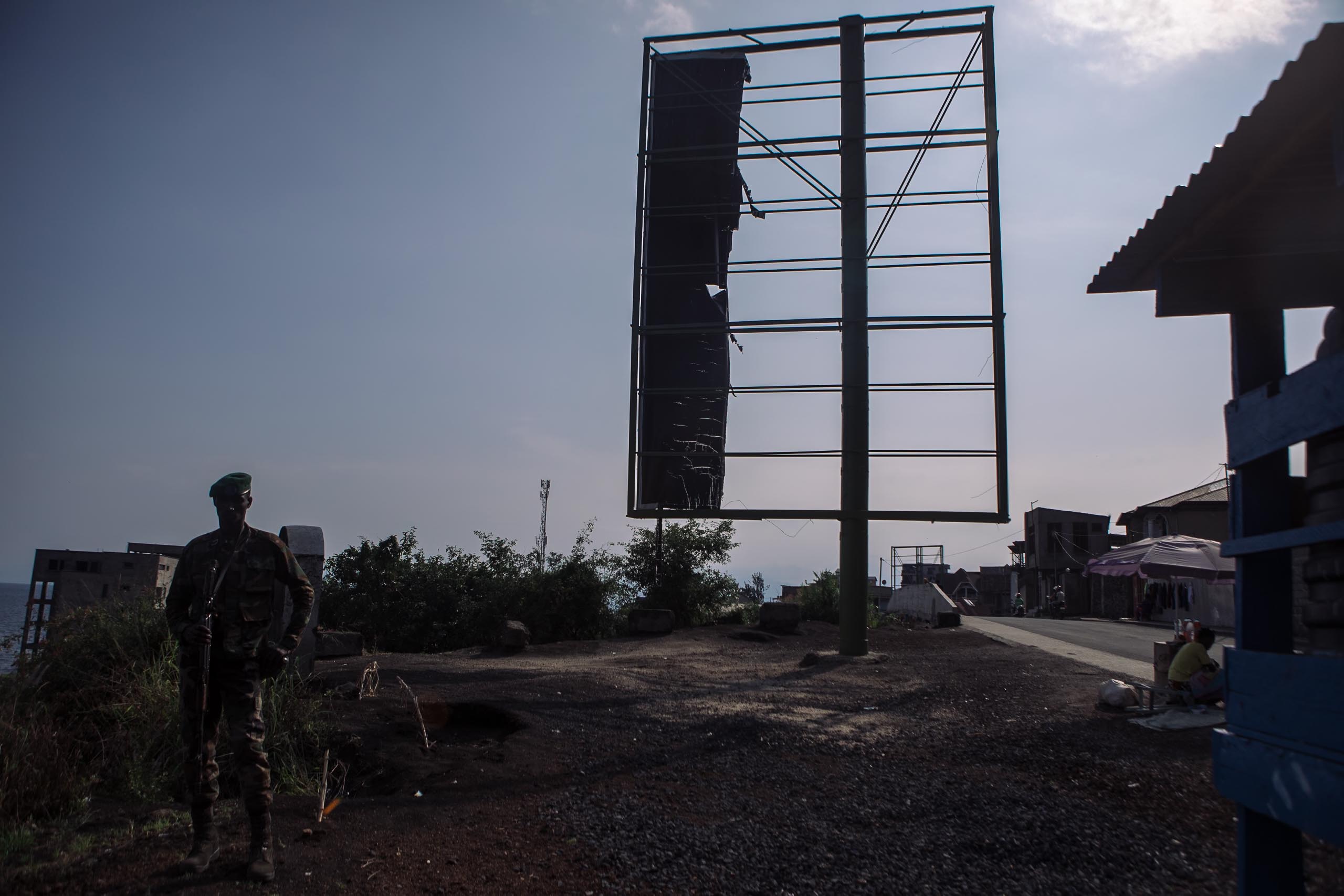
Rwanda’s military deployments in Mozambique and its shadowy ties to M23 rebels in eastern Congo are not isolated interventions, rather part of a broader geopolitical strategy to expand its regional influence.
JULY 15. 2025

Development agendas framed around “resilience” promise empowerment but often reproduce colonial power dynamics in the guise of climate adaptation.
